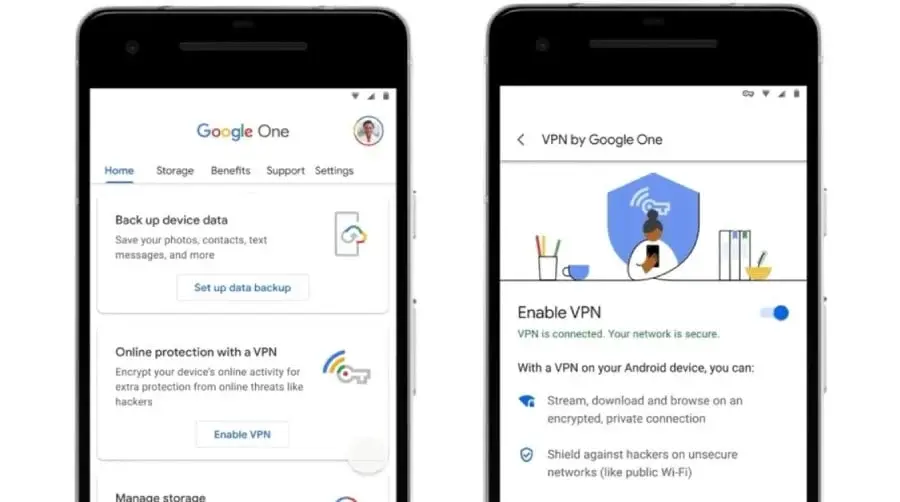Key Takeaways
1. Enhanced Data Security: The OWC Guardian SSD features 256-bit AES hardware-level encryption for robust data protection and high performance without software dependencies.
2. User-Friendly Touchscreen: Users can enter a customizable passphrase (6 to 30 characters) on a color touchscreen, with dynamic arrangements to enhance security against breaches.
3. Automatic Lock and Data Erasure: The SSD can lock itself after inactivity and erase data after multiple failed unlock attempts, enhancing security against unauthorized access.
4. Compact Design and Read-Only Mode: Measuring 4.76 x 2.99 x 0.63 inches, the Guardian includes a read-only mode to prevent malware infections when connected to untrusted devices.
5. Performance and Pricing: The Guardian supports M.2 SSDs with speeds up to 1,250 MB/s via USB 3.2 Gen 2, with a 1TB model priced at $220 and a 4TB model at $530.
The company OWC, also known as Other World Computing, has launched a unique external SSD named the Guardian. This product is designed for those who need enhanced data security and robust encryption. It boasts 256-bit AES encryption facilitated by a special coprocessor, which is meant to ensure that performance remains high and there are no slowdowns.
Hardware-Level Encryption
Since the encryption operates at the hardware level, there’s no need for additional software, making it compatible with various operating systems. Users can interact with a color touchscreen to enter a code or passphrase that can be between 6 to 30 characters long. To protect against potential breaches from fingerprints, the arrangement of numbers and letters changes each time, allowing both users and administrators to set their own passwords.
Compact Design and Security Features
The dimensions of the OWC Guardian SSD are 4.76 x 2.99 x 0.63 inches. It has the capability to lock itself automatically after a designated period of inactivity, and can erase all data after a specific number of failed unlock attempts. There is also a read-only mode available, which is useful when connecting the device to unfamiliar machines that might have questionable security. This feature helps to stop malware from potentially infecting the SSD.
Performance and Pricing Options
In addition, the Guardian is compatible with single and double-sided M.2 SSDs, supporting speeds of up to 1,250 MB/s through USB 3.2 Gen 2. The entry-level model comes with a 1TB SSD and is available for $220, while the 4TB variant retails for $530. For those looking for alternatives, options like the Samsung T7 Shield can be found on Amazon.
Source:
Link





